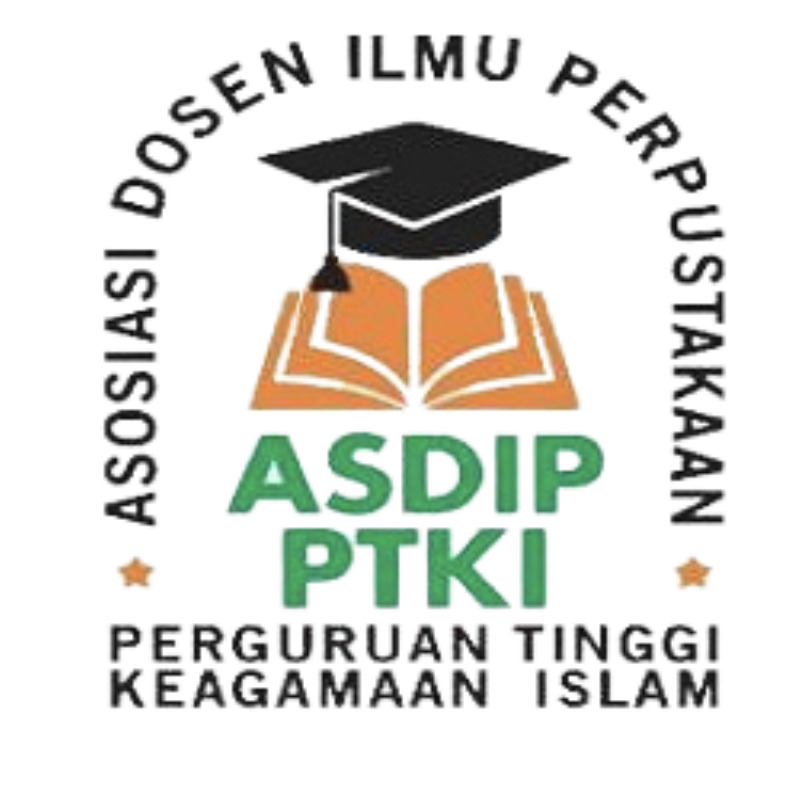Inovasi Kegiatan Masa Kini Perpustakaan Kafe Literacy Coffee
DOI:
https://doi.org/10.29240/tik.v5i2.3127Keywords:
Cafe Library, Coffee Literacy Activities, Cafe Library Innovation.Abstract
The Cafe Library is a library designed with coffee shops and books. The cafe library provides more value to visitors and provides a place of comfort for visitors who come so they don't feel bored to the library. The cafe library can be used as an innovative alternative as a place for recreation/educational tourism. One of the functions of the library is a place of recreation for the community. Libraries are required to play an active, innovative and creative role to make the visitors who come can feel happy and satisfied. The layout of the space needs to be considered in order to increase the role of the library as a place of recreation and a vehicle for education for the wider community. To make the library a place of recreation and a vehicle for education for visitors/communities who come, it is necessary to have innovations carried out in the form of activities or services made by library managers. The purpose of this study is to find out the innovations of contemporary activities carried out by the literacy coffee cafe library. This research takes place in the literacy coffee cafe library. This study uses a qualitative method with a descriptive approach. Data collection techniques were carried out by means of observation, interviews, and documentation. Data reduction, data presentation and conclusion/data verification are data analysis of this research. The results of this study show that literacy coffee cafe library managers develop innovative activities for visitors/communities who come. Various innovative activities carried out in the literacy coffee cafe library such as general discussions, political discussions, book reviews, film reviews, and film classes. This research is expected to be a reference for other cafe libraries to develop or improve innovative activities so that visitors/communities feel at home visiting literacy coffee.
Downloads
References
Benawi, I. (2012). Perpustakaan Kafe dan Warkop adalah Sebuah Perpustakaan Inovasi Masa Kini. Jurnal Iqra Okt, 06(02), 1–11. http://repository.uinsu.ac.id/764/1/vol.06no.02 %282%29.pdf
Creswell, J. W. (2008). Educational Research Planning, Conducting, and Evaluating Qualitative and Qualitative Research. Pustaka Pelajar.
Creswell, J. W. (2009). Research Design Pendekatan Penelitian Kualitatif, Kuantitatif, dan Mixed. Pustaka Pelajar.
Fatmawati, E. (2011). The Art of Library. Semarang: Universitas Diponegoro.
Ghofilah, P. N. N. ;Sukaesih;Evi N. R., & Rohman, A. S. (2021). Inovasi Pelayanan Dinas Kearsipan dan Perpustakaan. Tik Ilmeu : Jurnal Ilmu Perpustakaan Dan Informasi, vol.5; No. https://doi.org/10.29240/tik.v5i1.2121
Lasa, H. (2009). Peran Perpustakaan Dan Penulis Dalam Peningkatan Minat Baca Masyarakat. No.2, 13–14.
Miles and Huberman. (2007). Qualitative Data Analysis. London : SAGE Publication.
Prabowo, A., & H. (2013). Analisis Pemanfaatan Buku Elektronik ( E-Book ) Oleh Pemustaka Di Perpustakaan Sma Negeri 1 Semarang. Jurnal Ilmu Perpustakaan, 2(2), 1–9.
Puspitasari, D. (2017). Library Cafe : Suatu Alternatif dalam Meningkatkan Minat Baca Masyarakat. 6(2), 79–86.
Safiyya, G. R. N. K. (2014). Penerapan konsep library cafe di the reading room jakarta. Jurnal kajian informasi & perpustakaan, Vol.2/No.2, hlm 121-128.
Downloads
Published
Issue
Section
Citation Check
License
Authors who publish with Tik Ilmeu : Jurnal Ilmu Perpustakaan dan Informasi agree to the following terms:
- Authors retain copyright and grant the journal right of first publication with the work simultaneously licensed under a Creative Commons Attribution-NonCommercial-ShareAlike 4.0 International License (CC BY-NC-SA 4.0) that allows others to share the work with an acknowledgment of the work's authorship and initial publication in this journal.
- Authors are able to enter into separate, additional contractual arrangements for the non-exclusive distribution of the journal's published version of the work (e.g., post it to an institutional repository or publish it in a book), with an acknowledgment of its initial publication in this journal.
- Authors are permitted and encouraged to post their work online (e.g., in institutional repositories or on their website) prior to and during the submission process, as it can lead to productive exchanges, as well as earlier and greater citation of published work (See The Effect of Open Access).







 This work is licensed under a
This work is licensed under a 